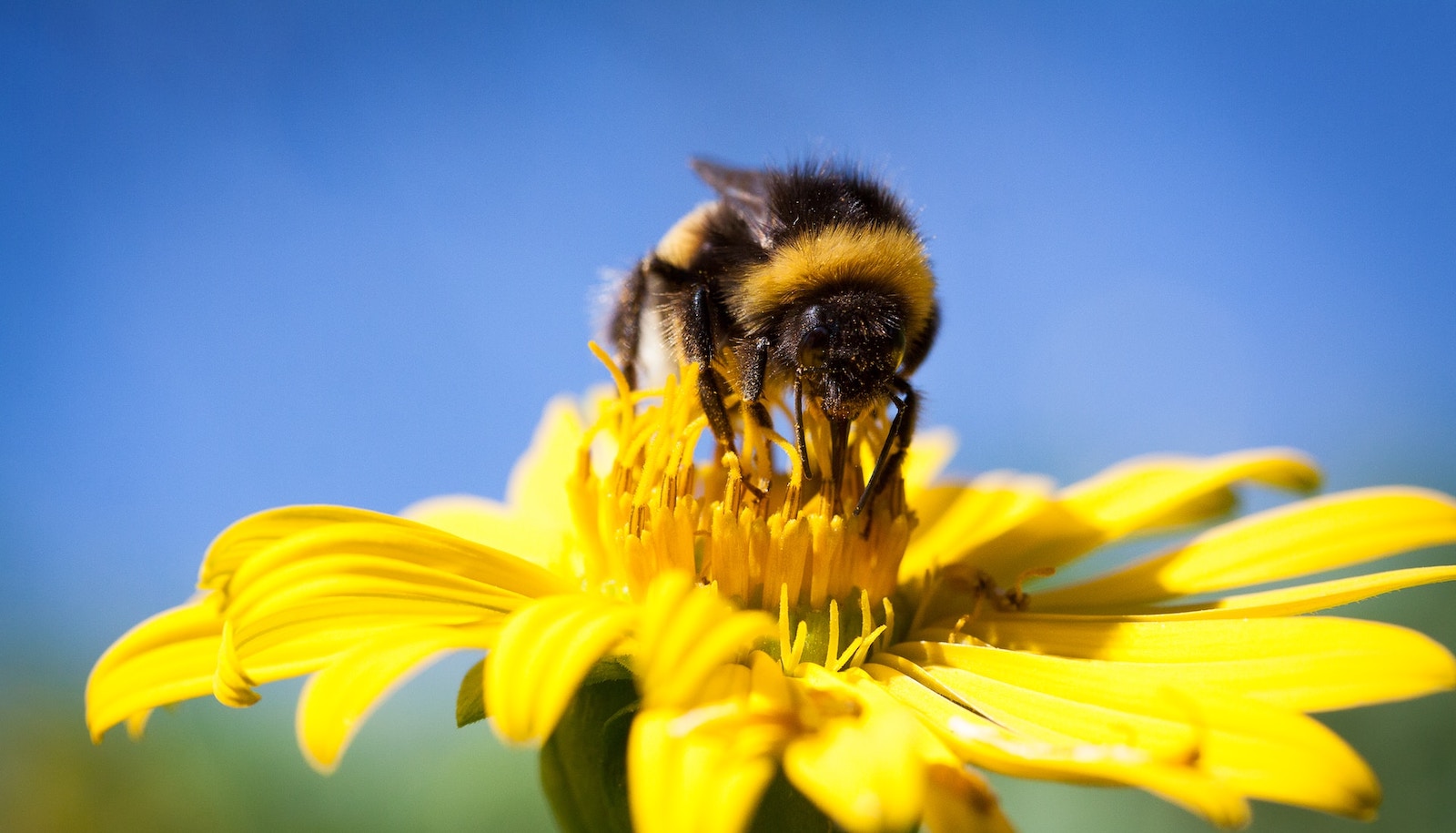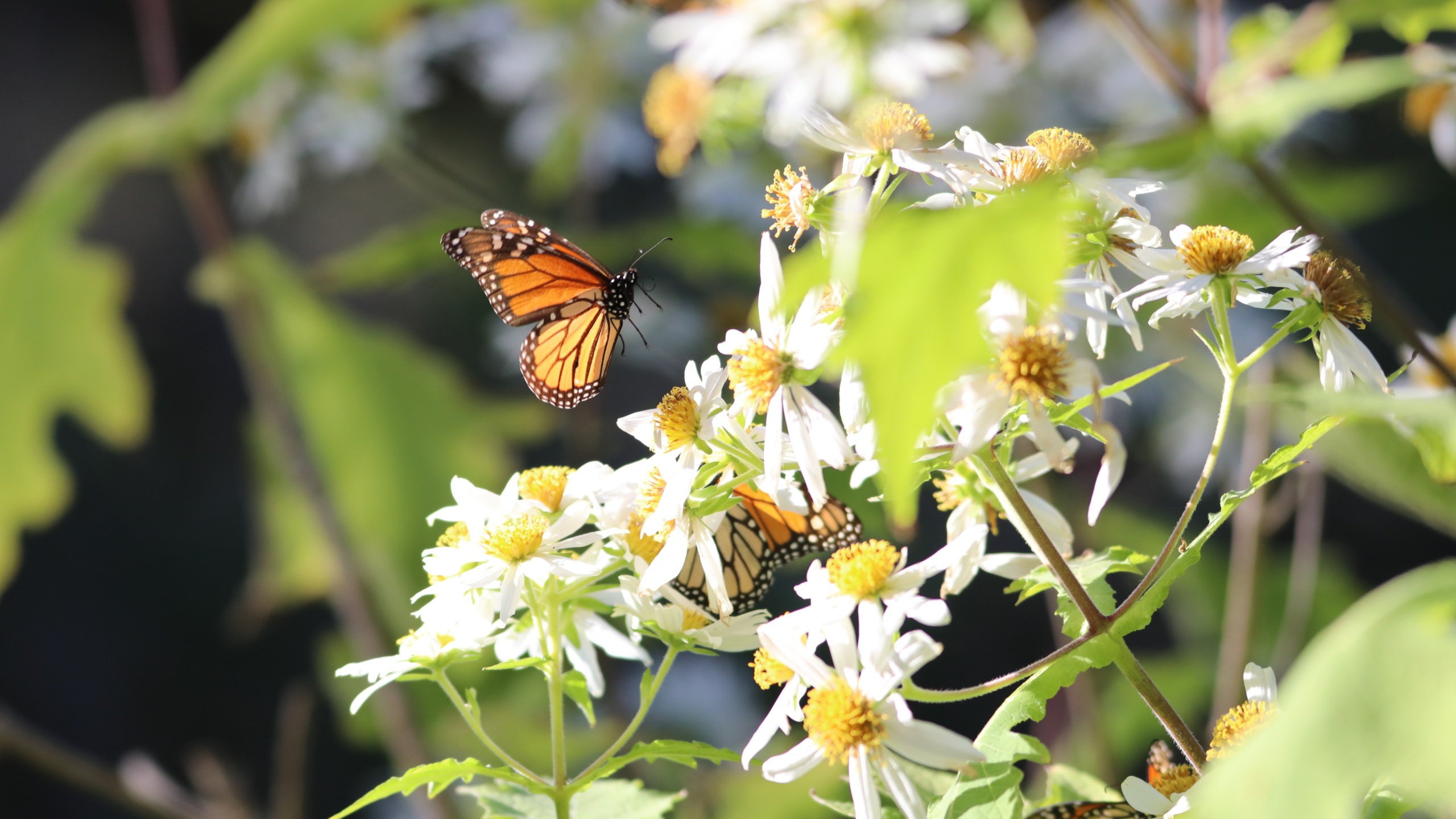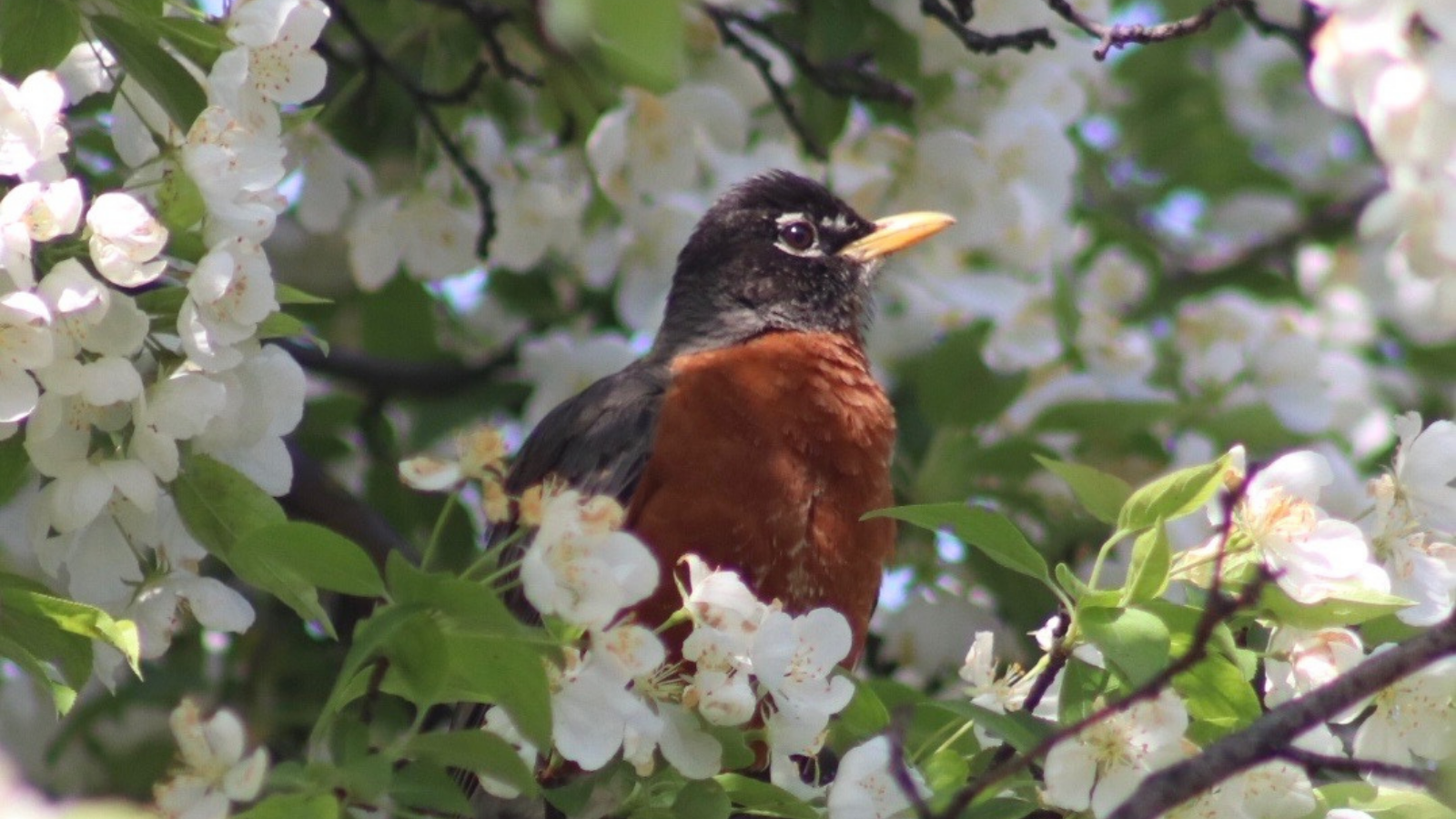
Beeport Card
Evaluating Bee Conservation Policies in our States
The threat of colony collapse deserves immediate attention from state policymakers. Environmental Action investigated bee-saving policies nationwide and graded states on their efforts.

Downloads
Bees are vital to ecological health and global food security. Hundreds of thousands of plants depend on bees for pollination, including key fruit and vegetable crops. But bee populations are collapsing, with alarming consequences for the future.
Research exploring the causes of colony collapse disorder has discovered various causes, including global warming, habitat loss, parasites and a class of bee-killing pesticides called neonicotinoids (or neonics). The threats of habitat fragmentation, degradation and loss and neonicotinoid use have been particularly well-documented and assessed by the ecological research community.
The threat of colony collapse deserves immediate attention from state policymakers. Environmental Action investigated bee-saving policies nationwide and graded states on their efforts.
See the map: How did your state score?
State policy initiatives fell into the following categories: (1) regulating pesticide use, (2) establishing and improving pollinator habitat, and (3) raising public awareness about pollinators and funding research.
Unfortunately, so far, most states are failing to take measures that address the main threats facing bees. Our review of 50 states’ laws and regulations finds:
- Thirty states have taken no initiative to either expand pollinator-friendly habitat or regulate the use of bee-killing neonics.
- Only three states — Connecticut, Maryland and Vermont — have banned the consumer sale of neonicotinoids.
- No states have banned consumer sale of seeds that are pre-treated with neonicotinoids.
Explore the map below to discover your state’s grade! Click on any state to learn more about it.
Topics
Find Out More


Six wolf packs that need our protection

Your toolkit for saving monarchs at home


